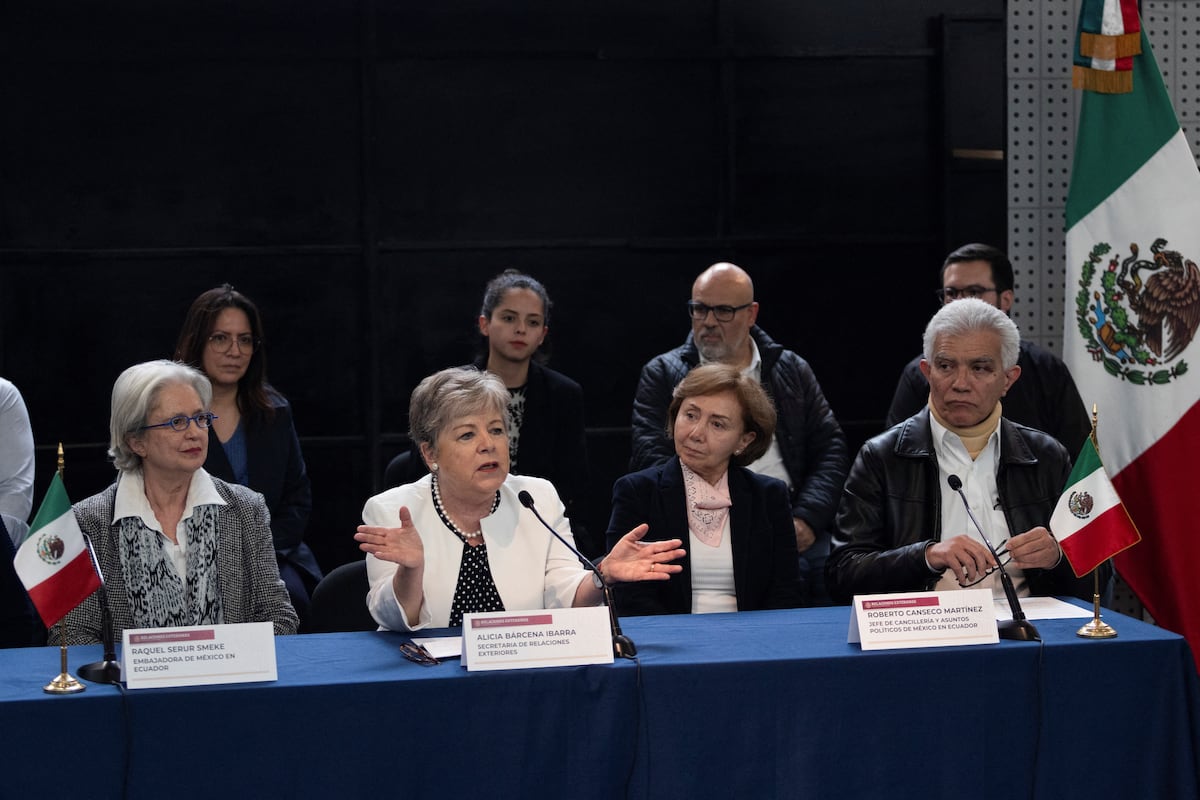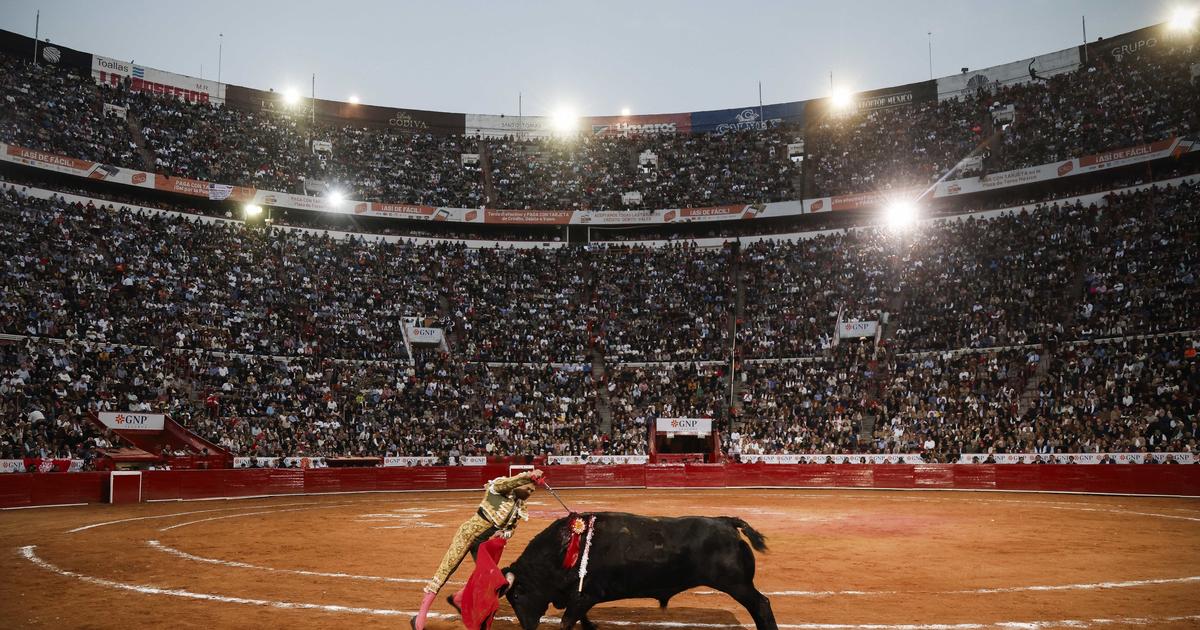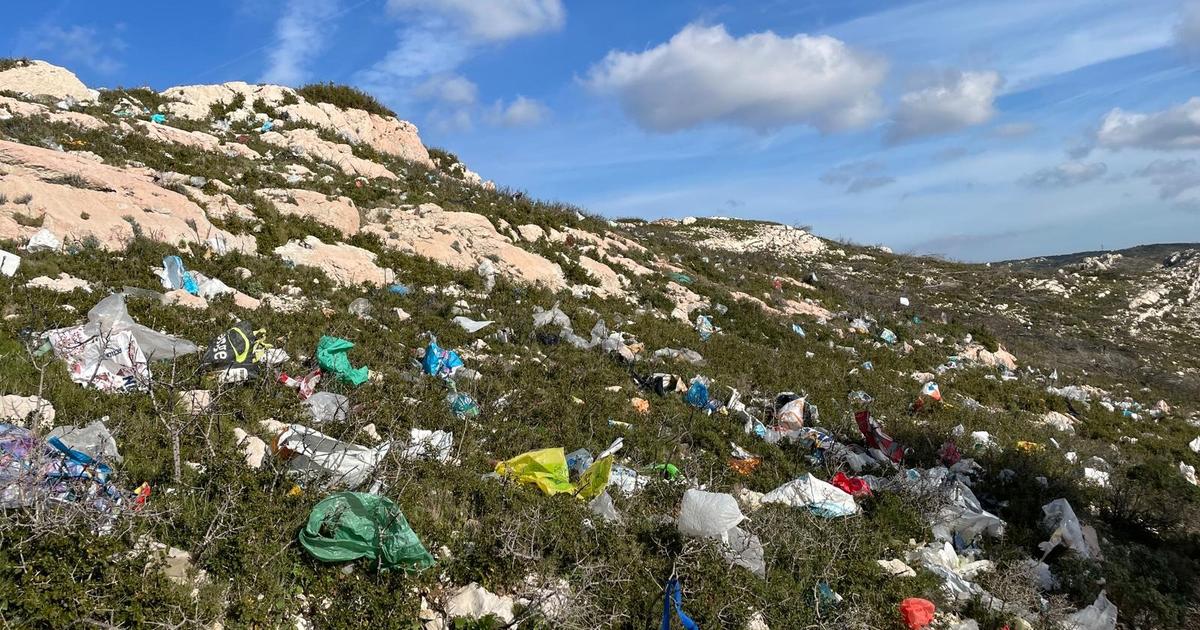- Click to share on Facebook (Opens in a new window)
- Click to share on Twitter (Opens in a new window)
- Click here to share on LinkedIn (Opens in a new window)
- Click to email a friend (Opens in a new window)
(CNN Spanish) - Since January 1, 2020, the ban on producing and marketing plastic bags in Mexico City has entered into force.
The ban includes the distribution of disposable plastics, such as bags, cutlery, glasses and disposable plates, as well as coffee capsules, among others. The measure prohibits “the commercialization, distribution and delivery of disposable plastic bags,” according to the Ministry of Environment of the Mexican capital.
"It is not going to be allowed to be commercialized, distributed, or delivered to the consumer a disposable plastic bag, call it a sales site such as stationery, shoe store, department store, so the main guard will be the consumer, who will see that they are not delivered and, above all, that they will not accept these types of bags, ”said the Director General of Environmental Impact Assessment and Regulation of the Secretariat of the Environment (Sedema), Andrée Lilian Guigue Pérez.
- Which Latin American countries have taken measures to reduce plastic?
According to Sedema figures, around 13,000 tons of garbage are generated daily in Mexico City; of these 8,600 tons are sent to landfills and only 1,900 are recycled.
The ban also includes biodegradable plastic bags.
Although in August 2010, Mexico had already established a regulation that prohibited the use of non-biodegradable plastic bags, under the Solid Waste Law, the current law for Mexico City also prohibits biodegradable plastic bags, because “it continues being a plastic that could take 300, 500 years or 100 years to degrade, depending on the type of material, ”said Guigue Pérez.
"We want to make it clear that the biodegradable bag is also not going to be allowed," the official added.
The only bags that will be allowed will be compostable, that is, manufactured with plant starch that produces toxic waste.
"It is important that people know that there will be sachets for health, since there are foods where there is direct contact, as with cold meats, we arrive and buy half a kilo of ham, wrap it in a plastic and that kind of plastic is allowed for a matter of health and hygiene; However, if we start to have a culture of taking our container to buy these types of products, surely the consumption of these bags will be minimal, ”he added.
The Solid Waste Law in Mexico City establishes fines of between $ 2,200 and $ 9,000 for those who fail to comply with this rule.
In November 2019, the Government of Mexico City and the merchants signed an agreement to eliminate disposable plastic and disposable bags, and contemplated the free delivery of cloth bags and other sustainable materials.
The goal of Mexico City is to be a Zero Waste city, going from having 8,600 tons of garbage per day to 2,000 tons per day by 2024. And by 2030, the Mexican capital does not send any garbage to landfills.
- Look: Dead whale is found with 40 kilos of plastic in the stomach
How is the situation in other countries?
Several countries in Latin America and the USA They have made attempts to contain the avalanches of plastics that affect the environment, because according to the World Economic Forum, by 2050, there will be more plastic than fish in the sea. And with the oceans increasingly filled with this material, it is necessary to carry out measures to contain the plastic avalanche that endangers the planet Earth.
In Colombia, the ban on plastic bags has been in force since 2016. In the country, 30 × 30 cm bags are prohibited and a tax is charged for those who want to buy plastic bags in stores and supermarkets, in order to protect the environment.
Puerto Rico, a country where about one billion plastic bags were used per year, began to ban their use since December 2016; since then pharmacies, hardware stores, department stores, gas stations and bars cannot deliver plastic bags for the transport of purchased items. The measure does not apply to establishments selling prepared food or free zones of airports.
Since 2017, the Chilean Government has banned the delivery of plastic bags in stores in at least 102 coastal communes.
Similar regulations have been in force in Ecuador and Argentina since 2018. Buenos Aires banned non-biodegradable plastic bags in hypermarkets, supermarkets and self-services, which are used for the transport of goods since January 30 of that year. In the Galapagos Islands, the use of plastics such as sorbets, plastic bags, polyethylene containers and non-returnable plastic bottles is also prohibited.
- Dubai International Airport will ban single-use plastic containers
Since May 2019, in Peru a law regulates single-use plastics and disposable containers and containers. And in Uruguay, only bags that are biodegradable or compostable can be “manufactured or imported”, according to a law that came into force in 2019, whose objective is “to mitigate the environmental impact derived from the use of plastic bags”.
In November 2019, the Costa Rican Congress gave the green light to a bill that prohibits and restricts the use of plastic in the country. The law prohibits the use of liquid drinking straws throughout the country and establishes that businesses encourage customers to use their own reusable shopping bags. The law also prohibits state institutions from buying plastics.
- Look: A solution to plastic sorbets can be herbs
Meanwhile, in the US, as of January 1, Oregon became the most recent state in the country to ban single-use plastic bags in grocery stores, so customers must bring their own bags or they will have to pay a fee for paper bags.
In Albuquerque, New Mexico, single-use plastic bags, including compostable and plastic bags less than 2.25 millimeters thick, will be prohibited.
In the world there are also similar measures to this. Since March 2019, the European Parliament has banned ten single-use plastic items, such as cigarettes or straws, cotton buds and cutlery.
Bangladesh and Kenya also have similar laws to ban plastic bags for some years.
From 2019, South Korea began to prohibit major supermarkets from using disposable plastic bags in order to conserve natural resources. The measure affects some 13,000 establishments, which now offer their customers cloth or paper bags that can be reused or recycled.
And from April 2020, the United Kingdom will ban straws, mixers and swabs as part of its plan to reduce plastic waste.



/cloudfront-eu-central-1.images.arcpublishing.com/prisa/ILLMSM3CL5EZTGR5TPAFNGGS6Y.jpg)





